9 Chinese Wedding Taboos, Explained
2020-04-25
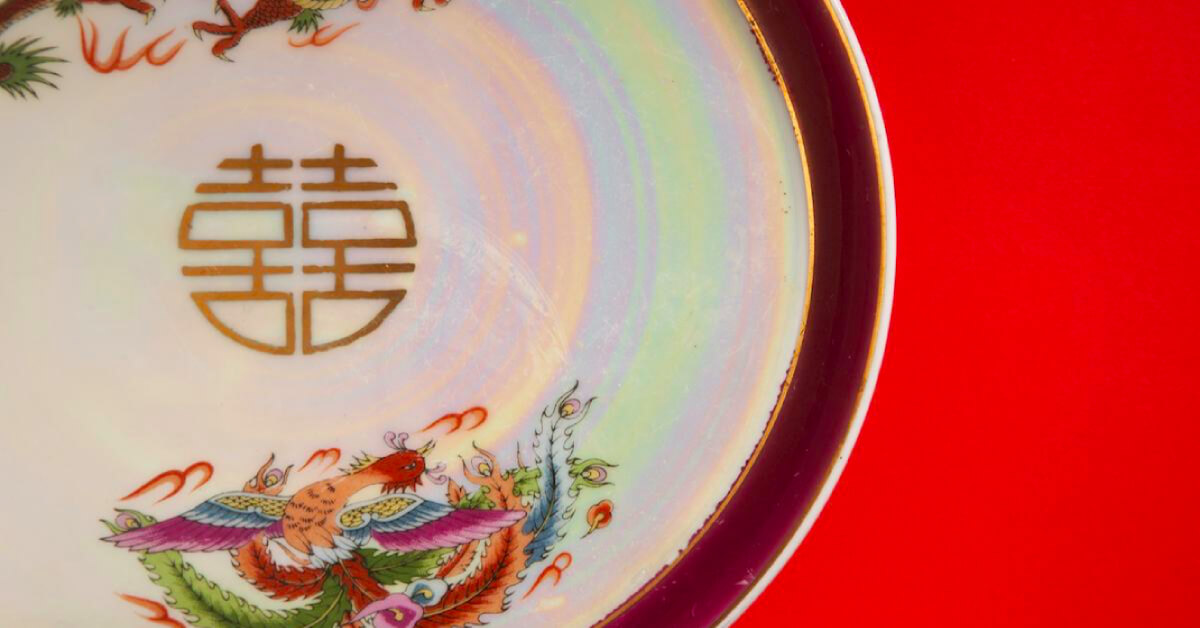
So you’ve heard of the Chinese wedding must-dos, such as the Guo Da Li, Shang Tou, An Chuang, and more, but have you heard of the must-avoids? Whether you’re planning to abide by them or not, it’s always good to know more about one’s traditions and culture — read on and we’ll shed some light on some of the most common Chinese wedding taboos that you might have heard before!
1. Attending inauspicious & joyous events
As a rule of thumb, couples are advised to refrain from attending any inauspicious events as they believe that the “negative” energy will linger around them even when the wedding comes around, resulting in not only a disastrous wedding but also, a doomed marriage.
A baby shower or someone else’s wedding is also off-limits to the couple if their own wedding is to happen within 3 months, because it’s believed that this will incur a clash of luck and you might lose your own good fortune in the process. Instead, couples are encouraged to send a gift as a form of goodwill and compensation.
2. Having Zodiac signs that clash
Along with you and your partner’s birth dates and zodiac signs, your respective parents’ zodiac signs are needed for a Feng Shui master to calculate an auspicious wedding date. Usually, those with zodiac clashes on the wedding day do not receive an invitation as bridesmaids or groomsmen, or even to the day’s activities, in case they pass on bad luck to the couple. However, these guests are still invited to attend the wedding banquet.
3. Within 100 Days, or after 1000 days
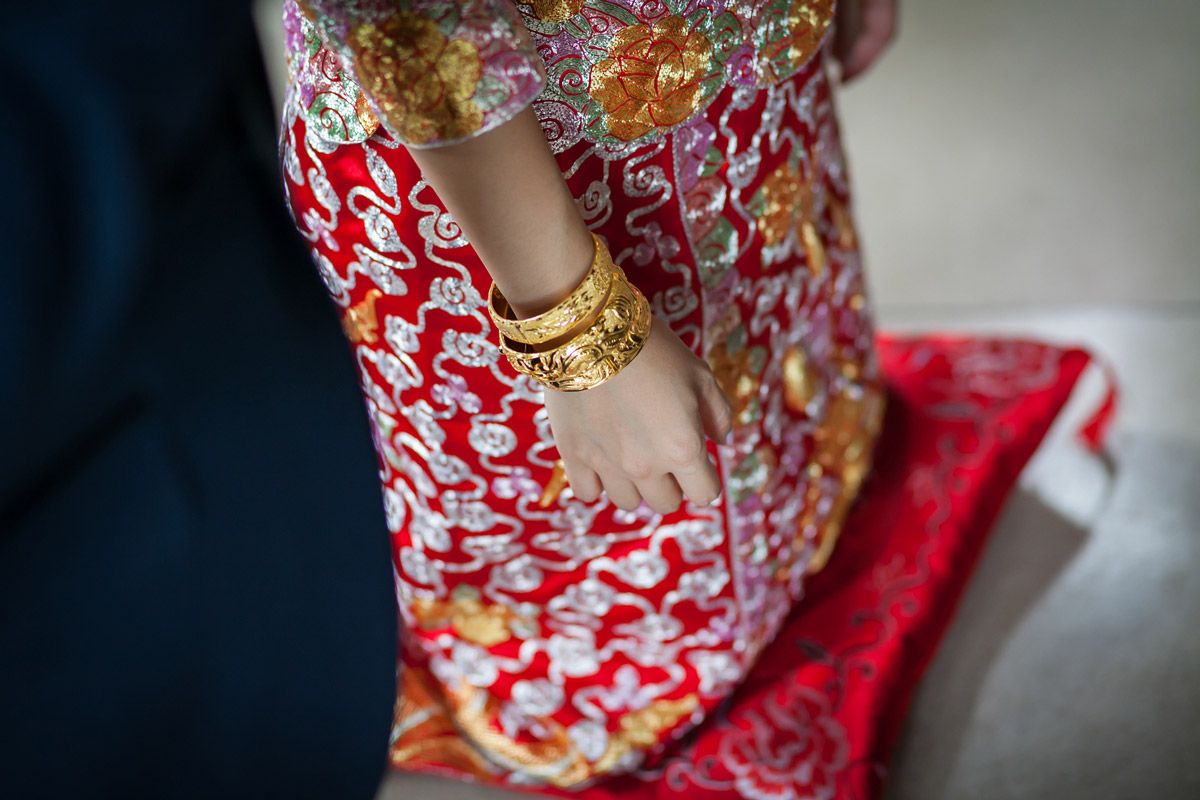
If a parent of the bride or groom passes away before the wedding, you essentially have 2 choices: either hold the wedding within the next 100 days or wait for another 1000 days (approximately 3 years) to do so.
This is a form of respect for the deceased, and one way that couples might work around this would be to put together a small, intimate wedding ceremony for your closest family and friends first, before hosting a bigger wedding reception on another date, 1000 days later.
4. Sleeping on the matrimonial bed
Once the An Chuang ceremony has been completed, it’s believed that nobody should be allowed to sit or sleep on the matrimonial bed that has been blessed. Otherwise, bad luck would befall the couple and their marriage.
Should the groom need to sleep on the bed — maybe because the bed is the groom’s old one but with new bedsheets on — he will need to have a young boy that was born in the year of the dragon to sleep on the bride’s side of the bed to ward away the bad luck!
5. Meeting the bride before she enters the bridal room
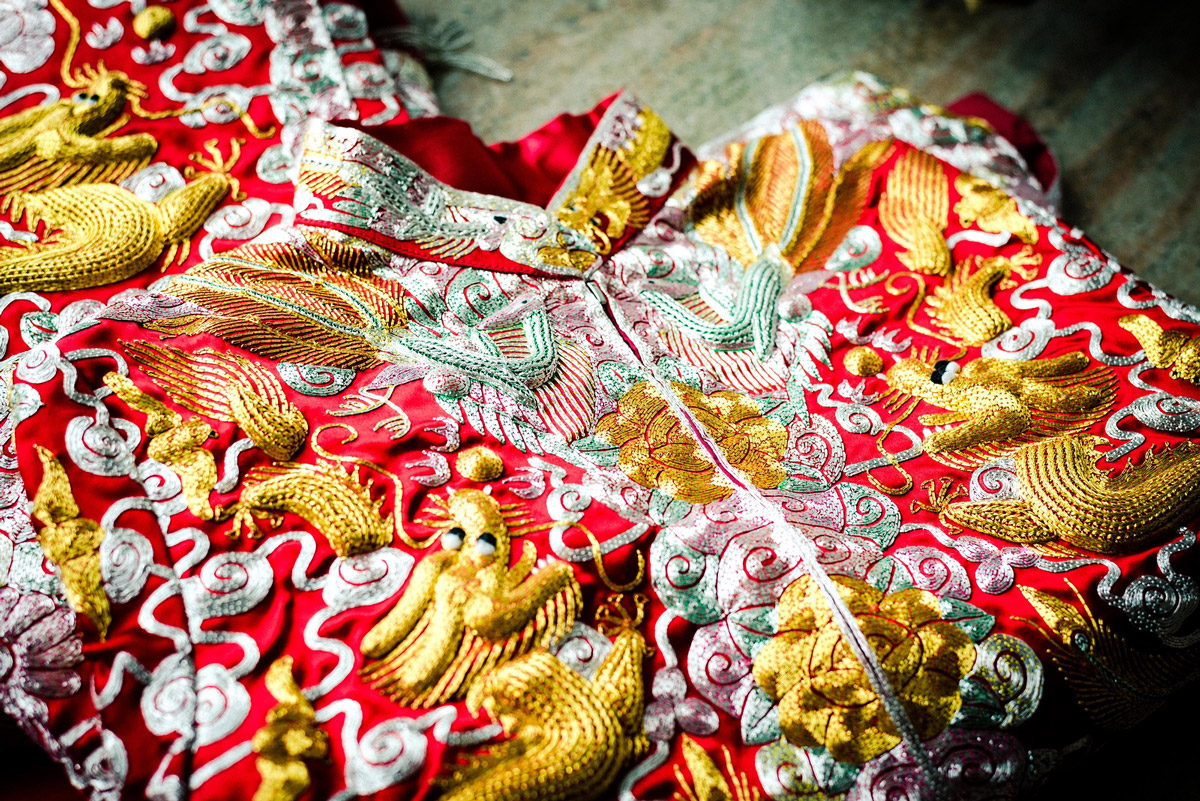
When the bride arrives at the groom’s home, traditional Chinese customs dictate that those in the groom’s house should hide and avoid meeting the bride before she enters the bridal room in order to prevent potential clashes of their luck with the bride’s. Only when she’s safely inside the room can the family come out again.
6. Bumping into another bride on your wedding day
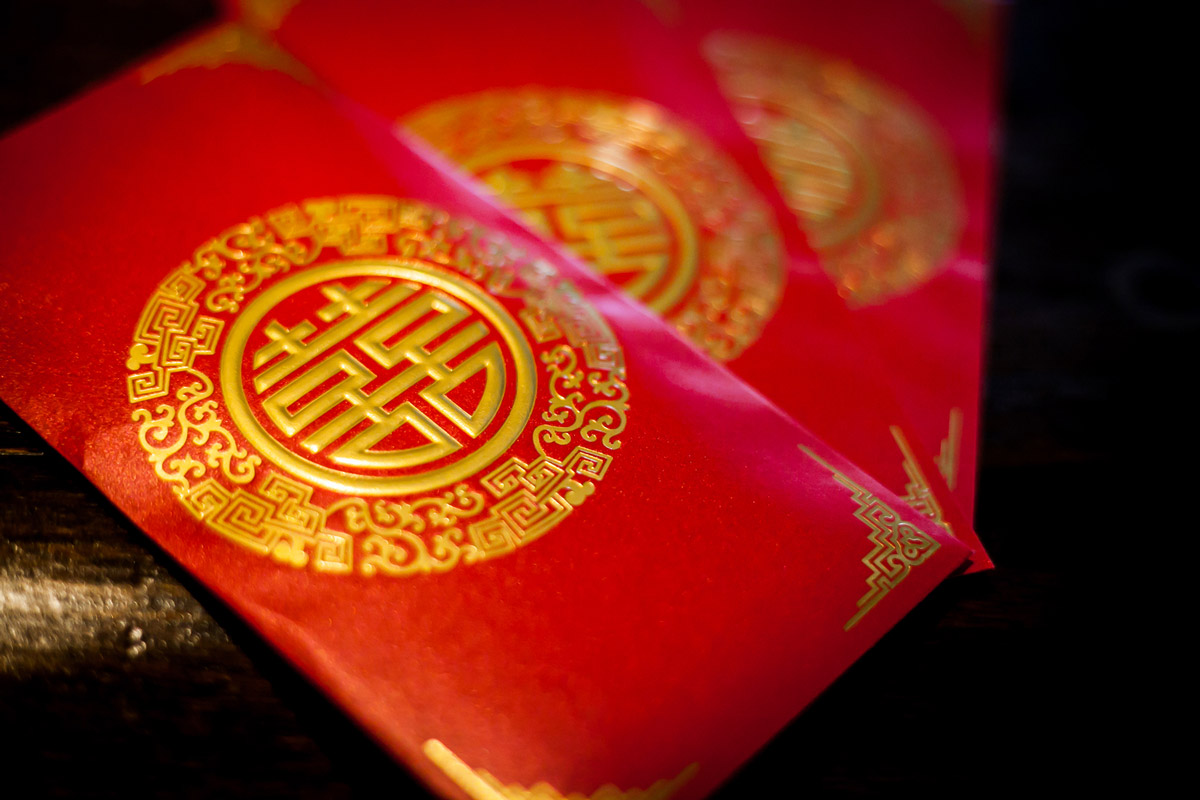
Similar to why couples who are about to get married need to refrain from attending others’ joyous events, it’s best for a bride to avoid meeting another bride as their luck might clash.
However, this would rather hard to avoid if you’re getting married at a hotel — it’s very common to see multiple weddings going on at different ballrooms! Instead, to counter this, couples can arm their bridal entourage with red packets that can be exchanged on your behalf to “neutralise” the clash. As for those who’ve opted to get hitched in small wedding venues such as a restaurant or cafe, you probably won’t have to worry about this.
7. The wrong use of colours
We all know that the Chinese love red. Symbolising good luck, joy, and happiness, it’s a must to have in Chinese wedding decor, while white, blue, and green accents should be avoided at all cost as they are considered to be colours of mourning. Pale yellow or white chrysanthemums are also frowned upon in floral arrangements because they are usually used in funerals instead.
8. The number ‘4’
According to Chinese numerology, the number ‘4’ is inauspicious. This is because the words for ‘four’ (sì) and ‘to die’ (sĭ) are homophones, which means that they have similar pronunciation but different tones and of course, entirely different meanings. However, the association is still there due to the way they sound.
As a result, couples are known to avoid days, months, or even years of 4s for their wedding dates, and the number ‘4’ should be avoided in red packets. On the contrary, the number ‘8’ sounds similar to ‘to prosper’, so a good alternative to the dreaded number is to fill those red packets with 8s!
9. Serving cut-up fish
If you’ve wondered why Chinese banquets often serve fish whole before cutting them up into smaller portions instead of simply serving them all portioned nicely straightaway, this is why — a whole fish with its head and tail intact represents a complete beginning and end to the couple’s marriage.
Similar to the above, the meaning of this dish comes from its similar pronunciation to ‘abundance’ in Chinese. The fish symbolises well wishes for the couple to have a life of abundance, including offspring as abundant as the fish in the sea, which is all the more why it needs to be served whole and complete.
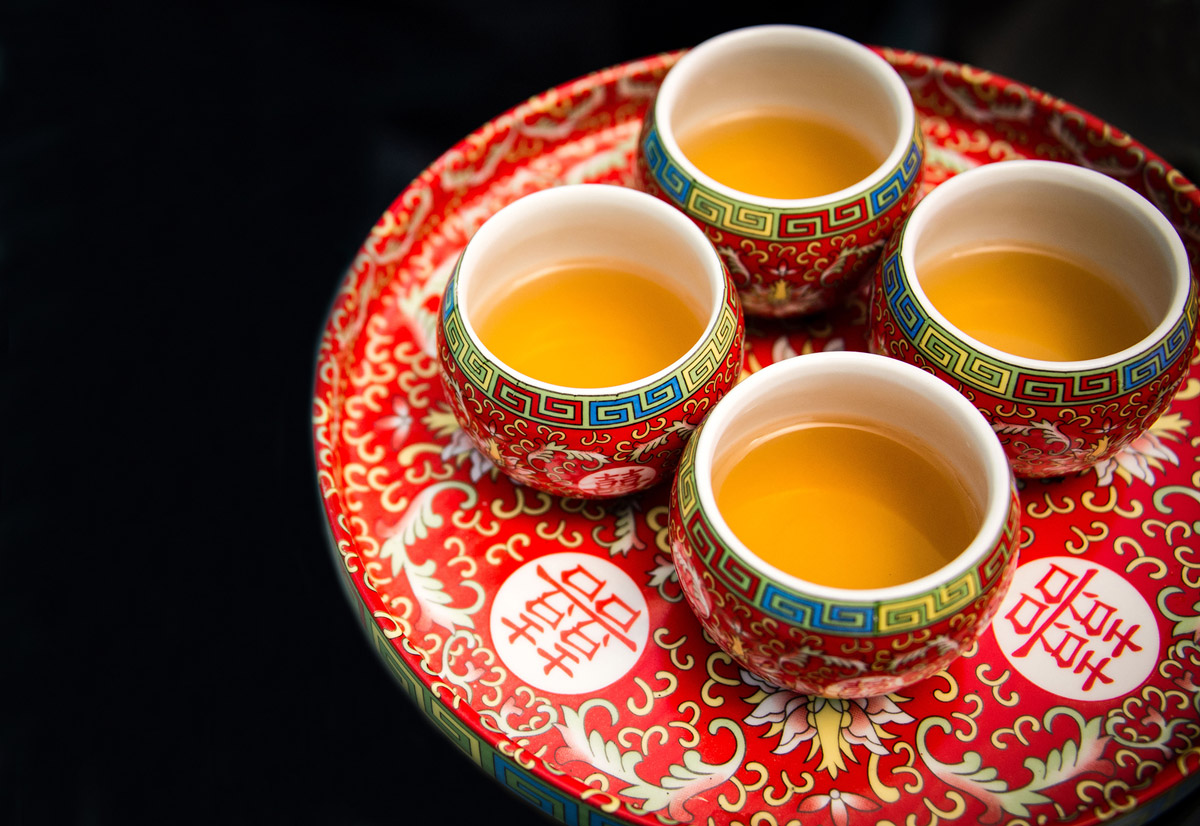
At the end of the day, it’s up to the individual to believe in these Chinese wedding taboos. However, if your parents are for it and it’s not too much of a hassle to include these practices into your wedding planning, then why not? After all, everybody will be happy this way, and well, it’s always better to be safe than sorry!
Note: It may seem like many plans have come to a screeching halt, but fret not because you can turn things around and use this time to plan out your wedding to a tee instead. Exclusive wedding deals at amazing rates are readily available online now, and there are plenty of digital tools available to make wedding planning at home a breeze.











